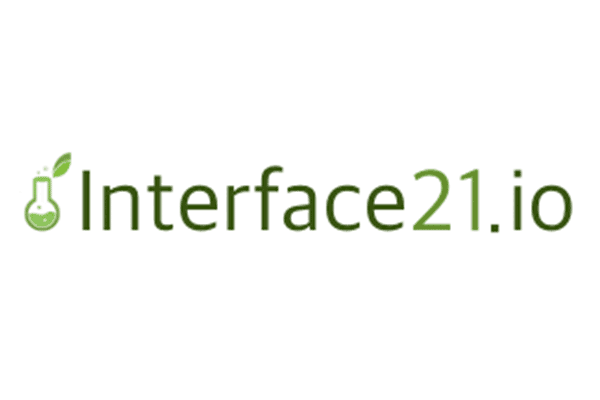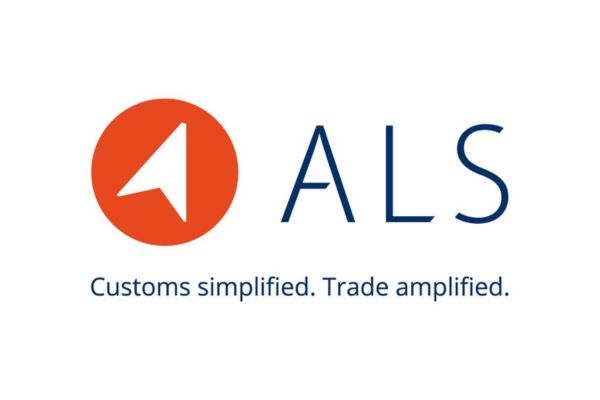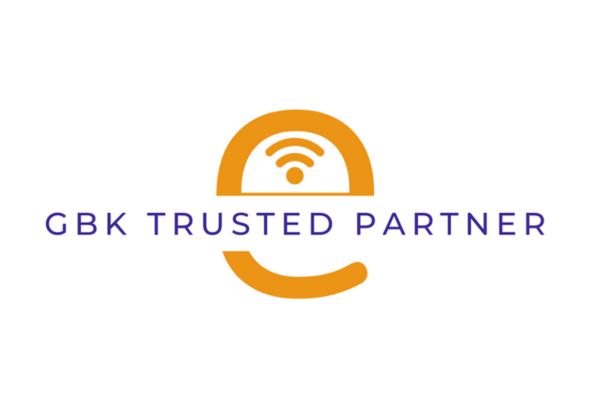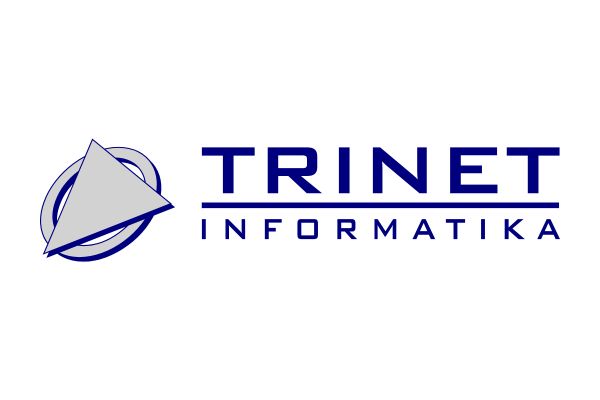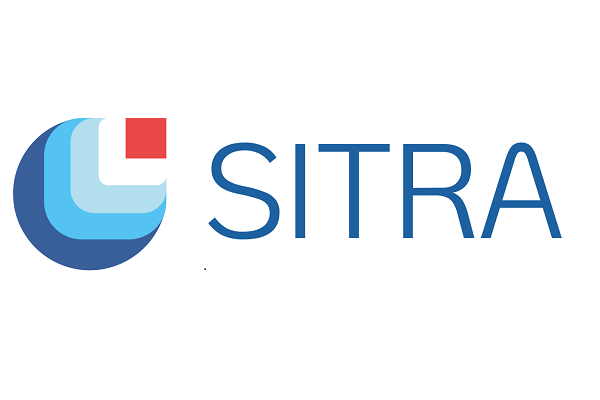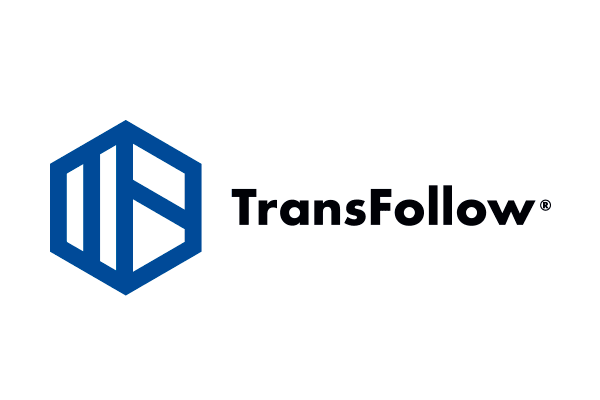Driving the future
of logistics forward
Join the most inspiring community of innovators in logistics and supply chain management


From idea to code
Efficiency and sustainability in logistics are collective tasks and require shared responsibility. In the Open Logistics Foundation, companies and organisations jointly develop software – from idea to code. Open source serves us not only as a technical tool, but it also shapes our approach to logistical challenges. In this way, we create interoperability and reduce integration efforts.
BECOME AN INNOVATOR. We offer members of the Foundation the opportunity to exchange ideas with other companies in Working Groups and to jointly develop software in Projects. Accompanied and supported by the neutral experts in our Head Office, they can actively contribute to the digitalisation of logistics and position themselves at the forefront of technological development. Our members include companies of all sizes and with varying levels of digital maturity, as well as associations and organisations from logistics and complementary sectors.
BECOME AN ADOPTER. The software that is developed by our members in the Projects is published in our Open Logistics Repository. There, it is freely available for download to all companies, including non-members. They can integrate and use the software in their IT systems using their own resources or with the support of external service providers.


From our Magazine
From our Experts’ blog
Explore the OLF-eCMR

Be there when ideas turn into action
The open source development model is our guiding principle for open collaboration between companies and for innovation in logistics. We promote this at the events we organise for our members and the industry, and at the conferences, symposia, and trade fairs in which we participate.
Spotlight Session: Prepare for Spain’s digital DCA
World Cargo Symposium 2026
FOSS Backstage


What our members say
In the Open Logistics Foundation, companies from logistics and IT pool their strengths to jointly shape the digital infrastructure of the future. Through collaboration, they create added value that they could not achieve alone – while continuing to maintain their competitive edge.






